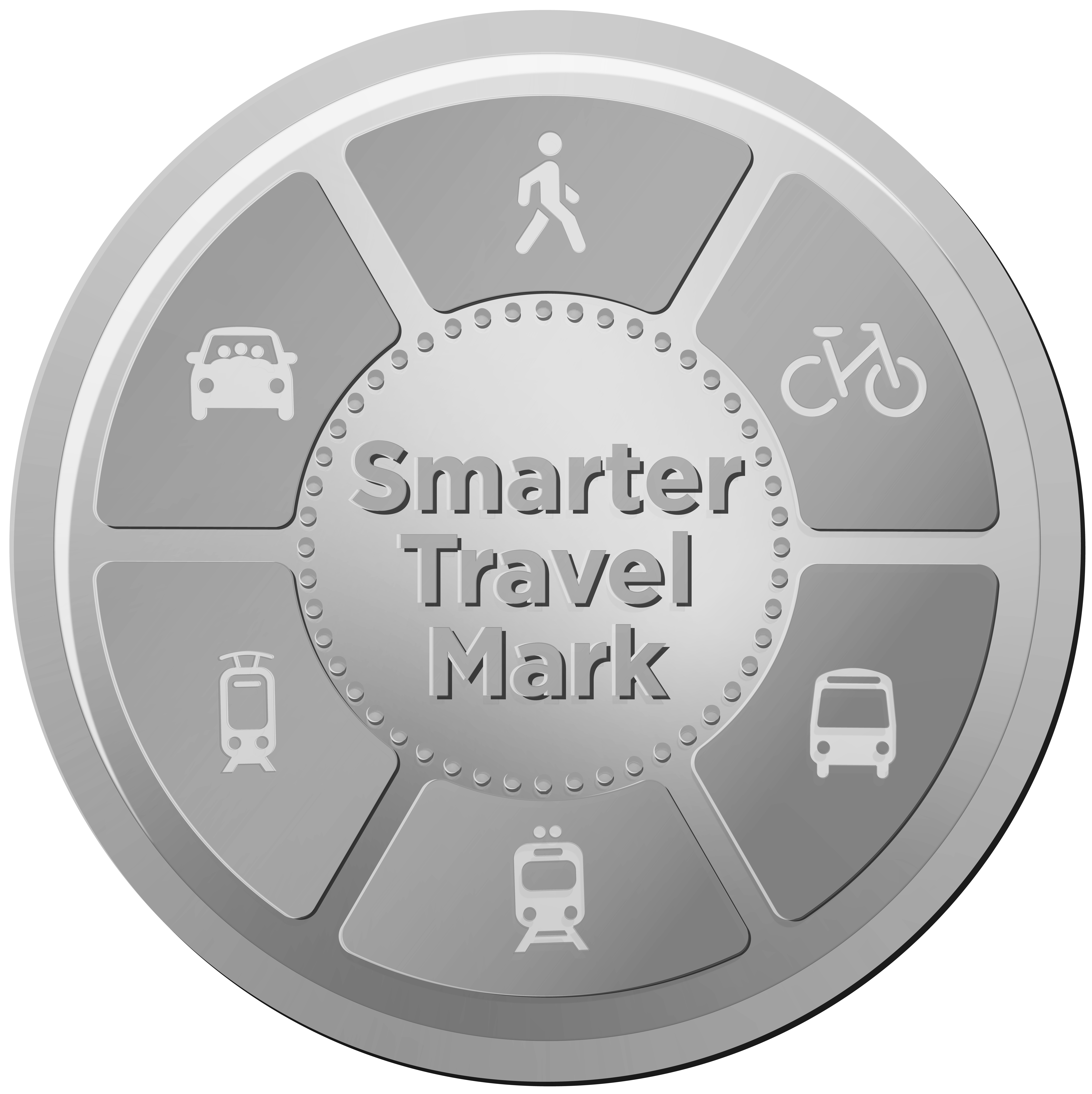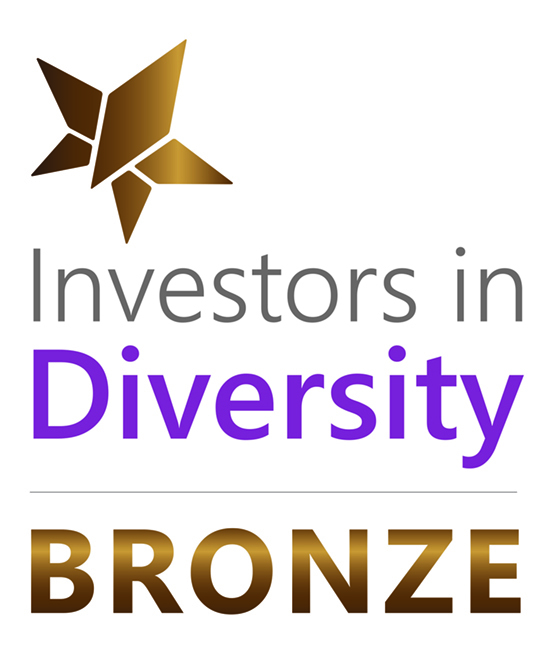Rethinking Assessment of Work-Integrated Learning: Authenticity, Inclusivity and Sustainability
Assessment design is not an easy or straightforward process and the complexity of this increases when considering the range of stakeholders involved in work-integrated learning. Learners, educators, and workplaces are likely to have a range of goals and objectives, some of which can be in tension. Assessment must co-ordinate across these competing tensions, and yet do something more: promote and assure learning in a consistent way.
This in-person masterclass, delivered by Dr Joanna Tai, Senior Research Fellow in the Centre for Research in Assessment and Digital Learning in Deakin University in Australia, focused on three important design considerations for assessment, drawing on recent conceptual literature and empirical research: authenticity (with respect to stakeholder perspectives), inclusivity (for diverse learners, and to promote an inclusive society), and sustainability (for workplaces, educators, and assuring learners’ capabilities beyond their current educational context).
The objectives were:
1. To appreciate the tensions and challenges in assessment design for WIL
2. To discuss priorities in assessment design with respect to authenticity, inclusivity, and sustainability
3. To identify opportunities for refining assessment design for WIL with key stakeholders
Presentation slides are available below.


